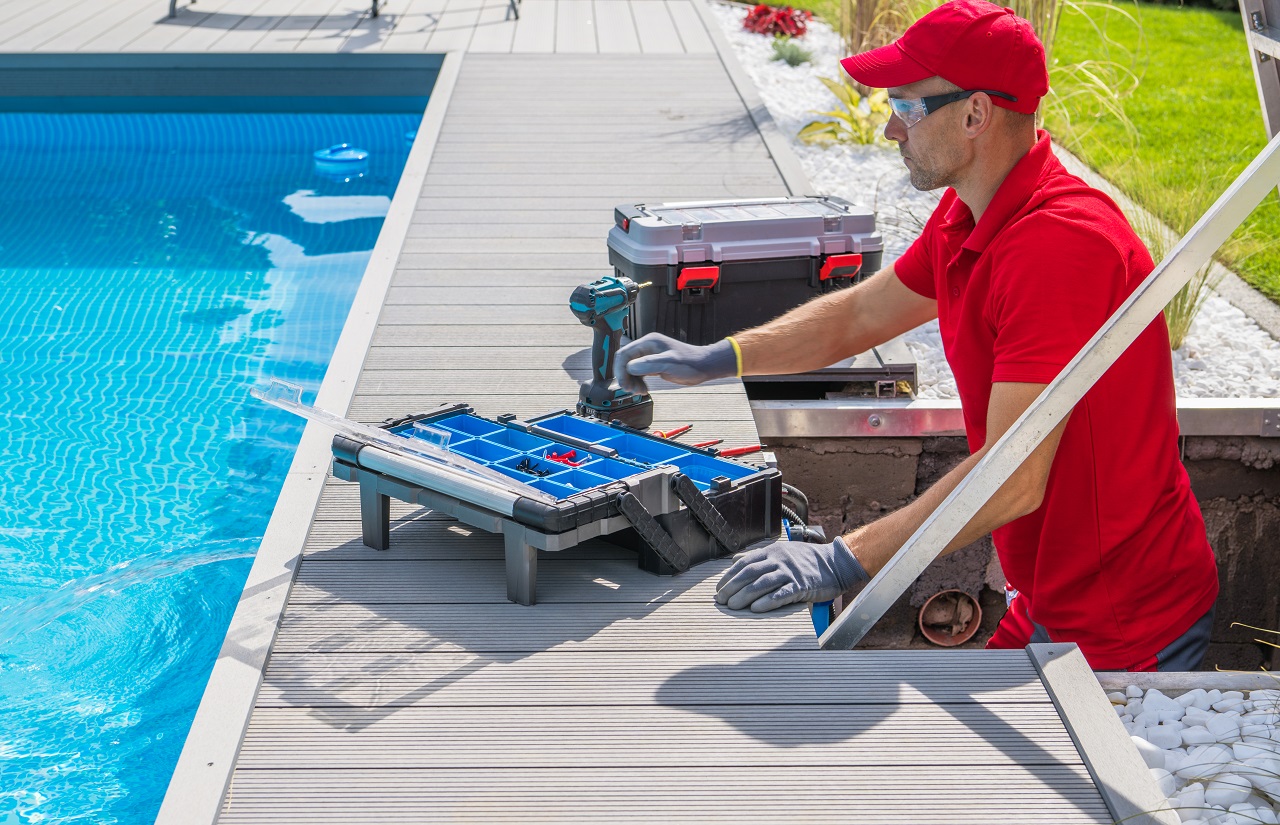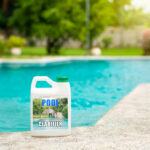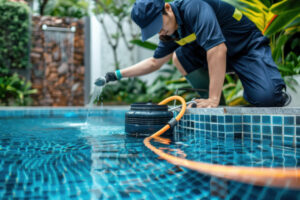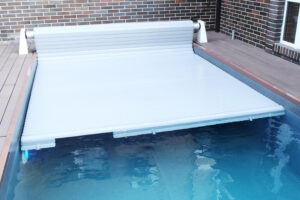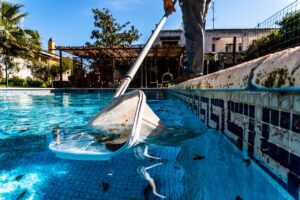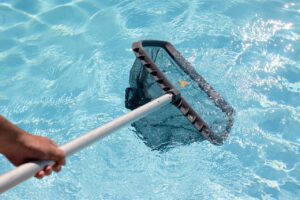Owning a pool is a great way to enjoy the outdoors and stay cool during the hot months. However, keeping your pool in top condition requires some regular maintenance. For beginners, pool care might seem overwhelming, but with the right tips and a bit of practice, it can be quite manageable.
Start by understanding the basics of pool chemistry. This involves checking and adjusting the levels of chlorine, pH, alkalinity, and calcium hardness. Properly balanced water ensures a safe and pleasant swimming environment. Another important aspect of pool maintenance is keeping it clean. This means skimming debris, brushing walls, and vacuuming the pool floor regularly.
In addition to chemistry and cleaning, taking care of essential pool equipment like the pump, filter, and heater is crucial. Regular checks and servicing can prevent breakdowns and extend the lifespan of your equipment. Also, be mindful of seasonal changes, as they can impact your pool care routine. Preparing your pool for winter or summer can save time and avoid future issues.
By following these beginner-friendly tips, you’ll enjoy a well-maintained pool that’s ready for fun all summer long.
Understanding Pool Chemistry Basics
Understanding pool chemistry is essential for keeping your pool water clean and safe. The main elements to focus on are chlorine, pH, alkalinity, and calcium hardness.
1. Chlorine: Chlorine helps kill bacteria and algae in your pool. Test the chlorine levels at least twice a week. The ideal chlorine level is between 1.0 and 3.0 parts per million (ppm). If levels are low, add chlorine tablets or liquid chlorine. If levels are too high, let the levels drop naturally by reducing the amount added.
2. pH: The pH level indicates how acidic or basic the pool water is. A balanced pH ensures that chlorine works effectively. The ideal pH range is 7.2 to 7.6. Test the pH level at least twice a week. If the pH is too low, use a pH increaser. If it is too high, use a pH reducer.
3. Alkalinity: Total alkalinity helps stabilize the pH level. The ideal range for total alkalinity is 80 to 120 ppm. Test alkalinity every week. If it’s outside the ideal range, use an alkalinity increaser or decreaser according to the needed adjustment.
4. Calcium Hardness: This measures the amount of calcium in the water. Proper calcium levels prevent corrosion and scaling. The ideal range is 200 to 400 ppm. Test calcium hardness monthly. Adjust using a calcium hardness increaser if levels are too low. If levels are too high, diluting the water might help.
By regularly testing and adjusting these levels, you keep your pool water in excellent condition, making it safe for swimming and reducing wear on your pool equipment.
Regular Cleaning Routines
Keeping your pool clean helps maintain water quality and extends the life of your pool. Create a regular cleaning routine that includes skimming, brushing, and vacuuming.
1. Skimming: Use a pool skimmer to remove leaves, bugs, and other floating debris from the water surface. Skim your pool daily or as needed to keep it clear.
2. Brushing: Brush the pool walls and floor to remove dirt and algae. Use a pool brush suited to your pool’s surface. Brush once a week to keep the surfaces clean and prevent algae build-up.
3. Vacuuming: Manual or automatic pool vacuums help remove debris and dirt from the pool floor. Vacuum your pool at least once a week. For manual vacuums, connect it to your pool’s filtration system and move it across the pool floor in a systematic manner. Automatic vacuums can run on a schedule based on usage and debris levels.
4. Empty Baskets: Clean out the skimmer and pump baskets regularly to ensure proper water flow and filtration. Check and empty these baskets at least once a week.
Regular cleaning keeps the water clear and prevents debris from clogging your filtration system. By following these routines, you can enjoy a clean and inviting pool throughout the swimming season.
Essential Pool Equipment Maintenance
Proper maintenance of your pool’s equipment is vital to ensure everything runs smoothly and lasts longer. Regular checks and servicing can prevent issues that might interrupt your swimming fun.
1. Pool Pump: The pump is the heart of your pool’s circulation system. Make sure it is running properly by checking it weekly. Listen for unusual noises, and make sure it is firmly in place and not vibrating excessively. Clean the pump basket regularly to maintain efficient water flow.
2. Filter: Your pool filter removes dirt and impurities from the water. Depending on the type of filter (sand, cartridge, or diatomaceous earth), maintenance can vary. Clean the filter regularly according to the manufacturer’s instructions. For sand filters, backwash once a week. Cartridge filters should be rinsed thoroughly every few weeks and replaced as needed, usually once a year. Diatomaceous earth (DE) filters also need to be backwashed and recharged with DE powder.
3. Heater: Pool heaters are essential for extending the swimming season. Inspect the heater for any signs of wear or damage, and clean out any debris that might have accumulated. If you notice any issues, consult a professional for a thorough inspection and repair.
4. Automatic Cleaners: If you use an automatic pool cleaner, regularly check it to ensure it is functioning correctly. Clean out any debris that might be clogging the cleaner and inspect the hoses for leaks or wear.
By staying on top of pool equipment maintenance, you can avoid unexpected breakdowns and enjoy a worry-free swimming season.
Tips for Seasonal Pool Care
Seasonal changes can affect your pool and how you care for it. Adapting your maintenance routine for different times of the year helps keep your pool in good shape.
1. Spring Opening: Start by removing your winter cover and cleaning it before storing it away. Reconnect and inspect all equipment, ensuring everything is in working order. Test and balance the water chemistry, adding any necessary chemicals to get the water ready for swimming.
2. Summer Maintenance: During the height of swimming season, your pool will likely see lots of use. Increase your cleaning routines, test the water more frequently, and ensure your equipment is operating efficiently. Keep an eye on the water level and top off as needed to keep the skimmers running effectively.
3. Fall Closing: As swimming season comes to an end, it’s time to prepare your pool for winter. Clean the pool thoroughly, and balance the water one last time. Lower the water level, and drain and store any removable equipment. Install a winter cover to keep debris out and protect your pool during the colder months.
4. Winter Care: Even when your pool is closed, occasional maintenance is still necessary. Check the cover regularly to ensure it’s secure and free of heavy debris. After heavy snowfall, carefully remove excess snow to prevent damage to the cover.
Following these seasonal tips helps keep your pool protected and ready to enjoy when swimming season rolls around again.
Final Thoughts
Maintaining your pool doesn’t have to be complicated, even for beginners. By understanding pool chemistry basics, sticking to regular cleaning routines, properly maintaining essential equipment, and adapting to seasonal care needs, you can keep your pool in great shape all year long. This ensures a clean, safe, and enjoyable swimming environment for you and your family.
When you need supplies or expert advice, count on us at Cincinnati Pool & Patio. We’re here to help you with all your pool maintenance needs so you can focus on enjoying your backyard oasis. Visit our store today and let’s make your pool the best it can be!


